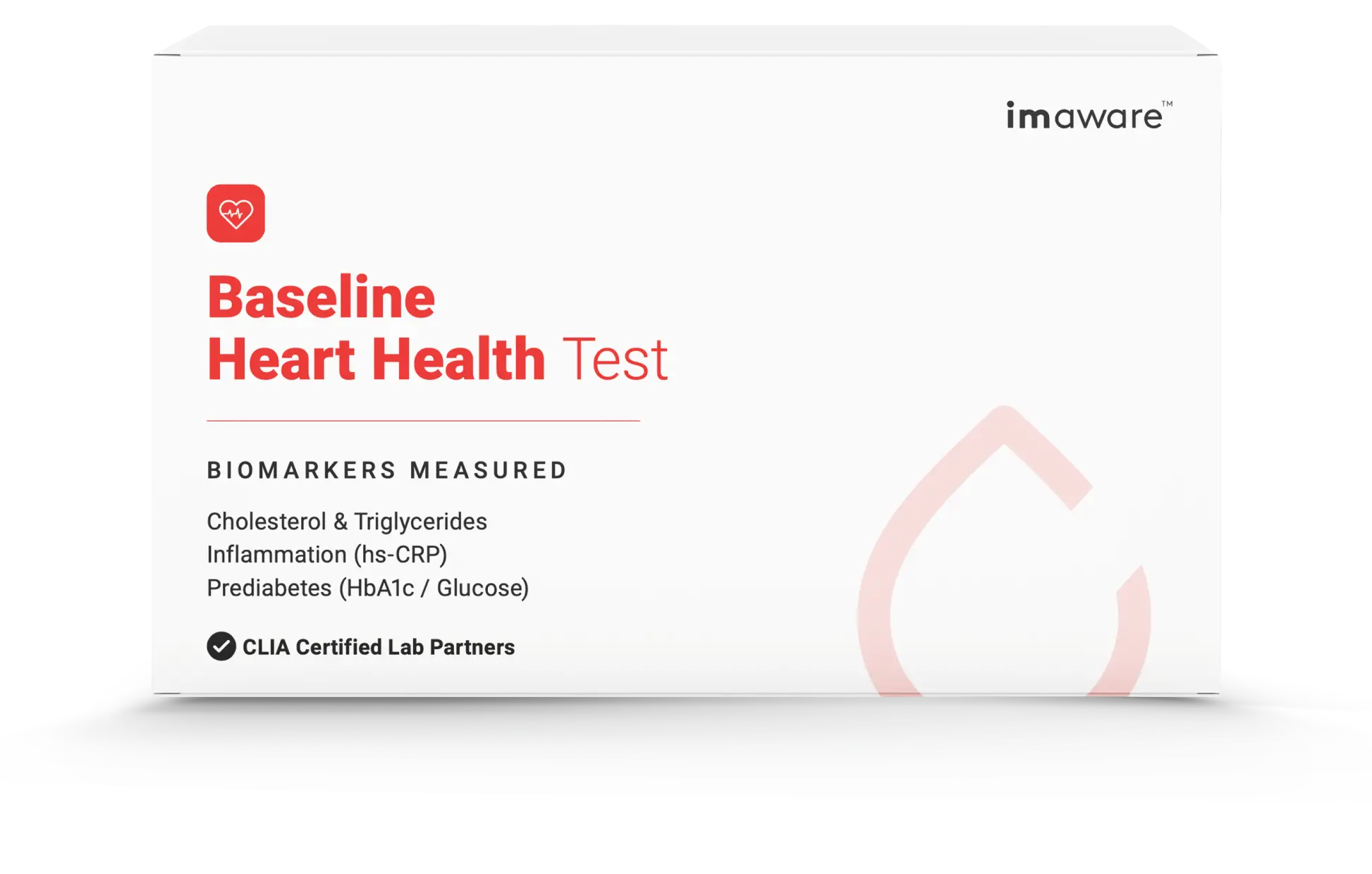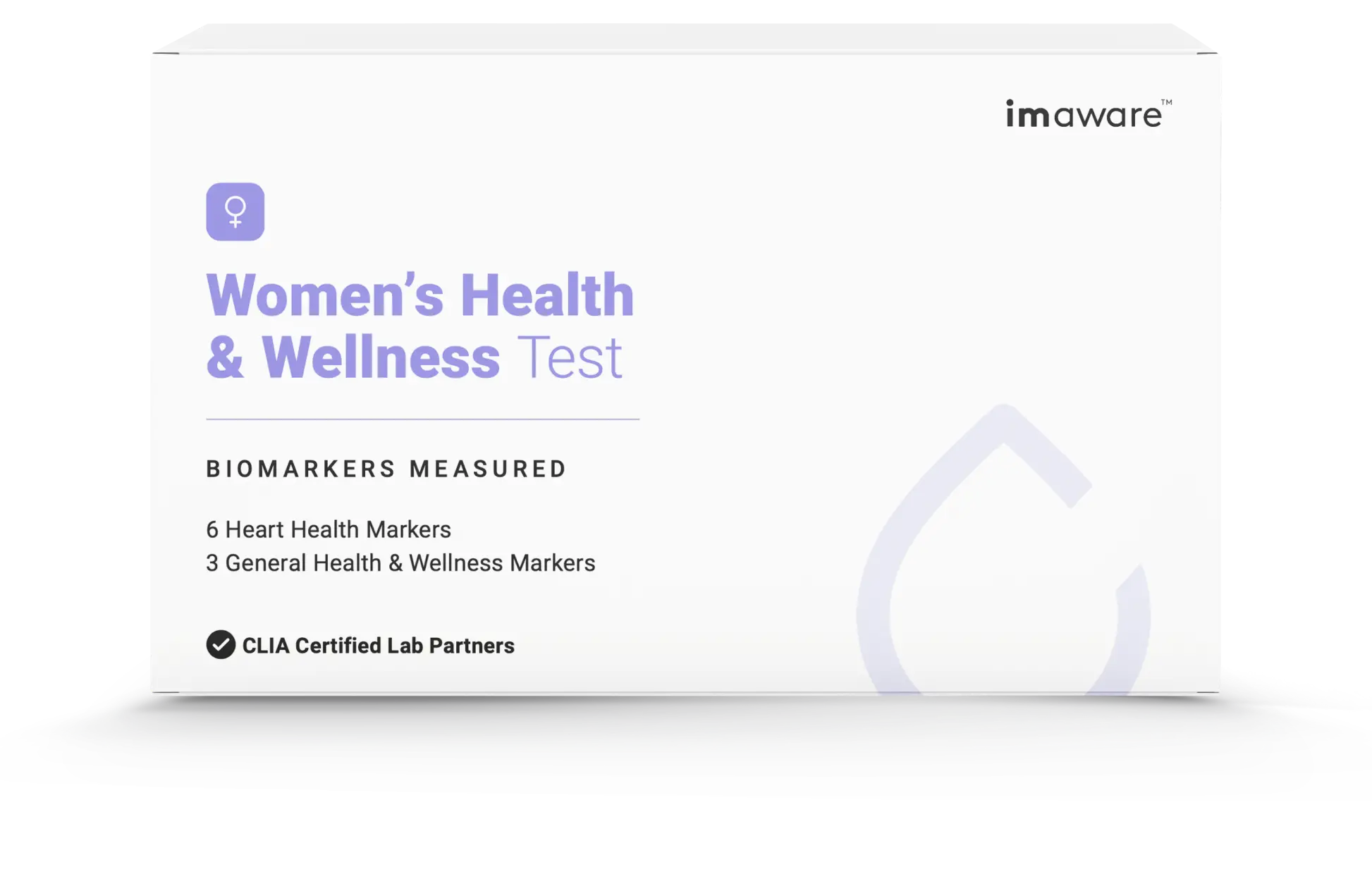What is hs-CRP?
C-reactive protein (CRP) is a biomarker produced by your liver in response to inflammation, which is a natural process used by your immune system to heal injuries and ward off infections. High-sensitivity CRP (hs-CRP) is one of the biomarker screens used to detect chronic inflammation. Healthcare professionals will use follow-up tests to identify the specific factors affecting your CRP level and to determine the source of the inflammation.
What’s the link between CRP and cardiovascular health?
When inflammation becomes chronic, it leads to changes in your blood vessels making them more permeable to fat and cholesterol and leading to the formation of plaque on the blood vessel walls. This is why chronic inflammation can cause atherosclerosis and heart attacks¹ and elevated levels of CRP are associated with an increased risk for cardiovascular disease.
When should I measure my hs-CRP levels?
Your healthcare professional may recommend this test to check for inflammation due to an infection, to see if you might have an inflammatory disease such as rheumatoid arthritis, or to gauge your risk for a heart attack. If your level is high, they might recommend further tests to assess your risk for heart disease.
What’s a normal hs-CRP level?
The imaware medical advisory board recognizes a normal level of hs-CRP to be below 3.0 mg/L.
What is a high level of hs-CRP?
The imaware medical advisory board categorizes the following levels of hs-CRP:
- 1–3 mg/L is in the “yellow zone”, indicating some inflammation
- >3 mg/L is in the “red zone”, meaning there is significant inflammation
What does a high level of hs-CRP mean?
A high level of hs-CRP, i.e., greater than 3 mg/L, indicates acute inflammation and might be a sign of a serious infection, an injury, or chronic disease. Levels in this “red zone'' mean you’re at greater risk for heart disease.
How can I improve my CRP levels?
Determining the cause of inflammation is essential to lowering CRP levels, but exercise, refraining from smoking, and consuming a heart-healthy diet can help. CRP levels can also be elevated by inflammation due to infections and autoimmune diseases, such as Crohn’s disease or rheumatoid arthritis. Statin medications can also be used to reduce CRP levels.

References
- Polyakova EA, Mikhaylov EN. The prognostic role of high-sensitivity C-reactive protein in patients with acute myocardial infarction. J Geriatr Cardiol 2020;17(7):379–383.



.webp)